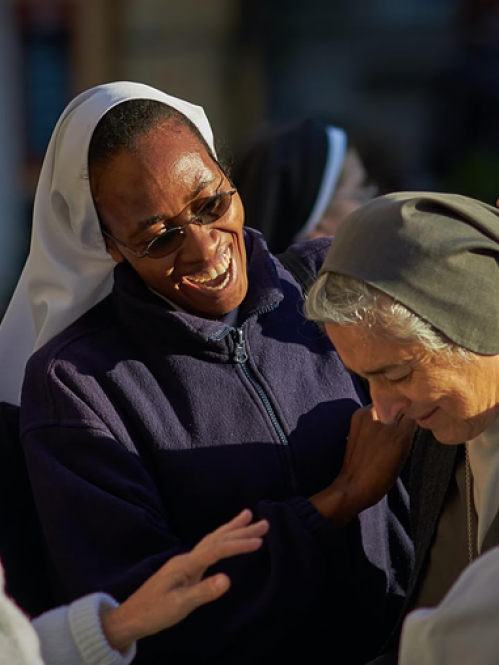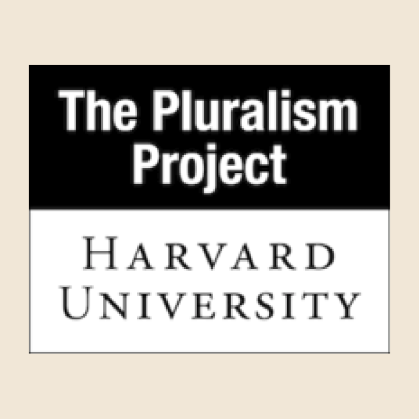Accommodations for Religious Observances
Students are responsible for notifying their professor of conflicts with course materials and religious or cultural observance in a timely manner. The expectation is that an arrangement can be made between the professor and the student. The student is responsible for managing the lost study and work time as a result of an observance. Students should not be penalized for excused absences and are required to make up materials missed from an accommodation. Given the impact that fasting can have on a student’s ability to fulfill their academic responsibilities, some students may request alternative scheduling for exams and assignments during these periods. If you are in need of assistance, contact the Dean of Students office on your respective campus.
The Office of Employment Equity (“OEE”) is responsible for overseeing and coordinating requests for accommodation received from faculty and staff employees based on religion. In order to request a religious accommodation, the employee needs to complete an Accommodation Request Form or complete the form through the portal here. Learn more about the religious accommodations process for staff and faculty by visiting the Office of Employee Equity webpage or calling OEE with specific questions regarding the religious accommodations process at 848-932-9373.











